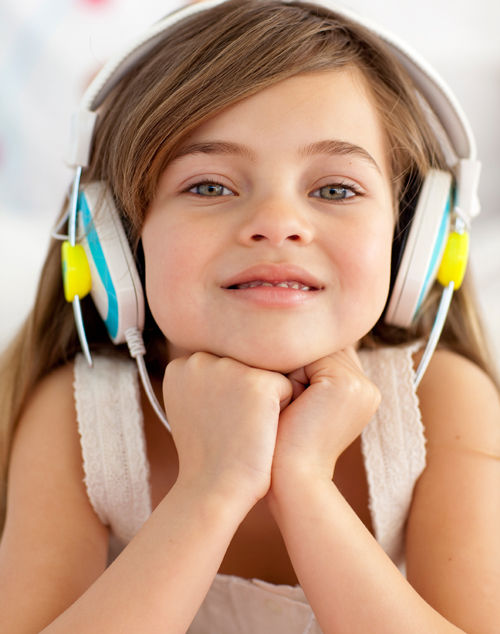(Update July 2024 - I had taken this post down for a bit, then decided to revive it. I made a few small changes to it.)

A common thing I have heard over the course of my 12 years of being a parent is that kids shouldn't "be labeled" if they have special needs. If there is any way to pretend a problem isn't there, or think maybe they will grow out of it, or say to yourself "isn't everyone unique?" many parents will do so, and encourage others to do this as well. I have known several families that obviously had kids on the autism spectrum that chose to completely ignore it and pretend that it did not exist. Narcissism of parents is, I believe, one unfortunate reason that this exists. Not my child?! No one that has my DNA has a social deficit?! Not in my family! There is a complete refusal to acknowledge the challenges that their child faces and even worse, sometimes a parent encourages their child to have a high-status life that is completely wrong for them, and detrimental to their well-being.
Another reason is because people mistakenly believe that that this condition carries some sort of "stigma." Before I get into that, I want to share with you the analogy that I share with everyone that thinks autism should not be labeled. Here is the thought experiment: Imagine a child with undiagnosed dyslexia who has difficultly with learning to read. How about instead of getting the child tested by a professional who could diagnose the child and find out the cause of the challenges, the parent just constantly said to them, "why can't you read?" "Why can't you read like everyone else?!" Eventually the child would get labeled as a "bad reader." (And let's be honest, with most parents long-term frustrations don't always come out in calm, sweet voices). The child would fall behind in their studies, their self-esteem would be shattered, and their future would be affected. The child might even call themselves "stupid" or worse. It would simply be awful.
Now, what if the parent instead of taking this approach, tried to find out why the child was having issues with reading. Then, we would have a much better conversation, "Guess what, dear child, after I brought you to the reading specialist they determined that you have dyslexia. They also said that you were very smart, but just needed a special program to learn to read. It has a great track record. I'm sure you'll be reading in no time!"
And, though the child would likely learn to read, some challenges would remain and he or she would always be considered as having dyslexia.
I'm not sure if you can get where I am going with this....
...but....have you considered that one component of autism is like social dyslexia? Why is that so embarrassing to people? Many ASD Level 1 people are capable of "learning to read socially" with time and effort in the same way that the person with dyslexia will "learn to read." Both will improve and both will always have their conditions, but if you do nothing...if a parent chooses to do nothing.. there will be fallout at some point down the road because the condition will not disappear.
And some parents still seem to think there is some sort of stigma regarding autism! There really isn't anymore!
Unfortunately, for the Orthodox Christian parent, there may be a new "stigma" being attached to autism since it is often discussed on YouTube and TikTok in tandem with the "zeitgeists" of today's age which is generally very anti-Christian. Many Christian parents might not want their child associated with autism for fear of this new "stigma," even if they have gotten past the previous stigmas and stereotypes attached to autism. (It is so important for young people to know, who might be on the spectrum, that they don't have to be a cooky, crazy person on social media even though they have ASD-1. This is just a very, very small subset of people on the spectrum making these videos. It is really possible to just be yourself and strive for holiness. I know for a fact that there are definitely monks and nuns that have ASD-1 (or what it used to be called).
So, there you have it. Formal diagnoses can sometimes be hard to come by, but there is nothing wrong with "labeling a child" so that challenges can be properly addressed in a healthy, caring way.
(Why I think there are more autism diagnoses these days, I may discuss in another blog, but my hypothesis is somewhere along the lines of: We live in a somewhat dystopian society that is squeezing the souls of nearly everyone, and people with autism, especially women, are often more sensitive to these things. 150 years ago people didn't even have cars or hardly leave their towns, and now we live in a world where women are expected to get into a large metal object, called a car, and zoom across county lines multiples times a day at 75 mph, while constantly connected to the entire world through an iPhone.)
Comments